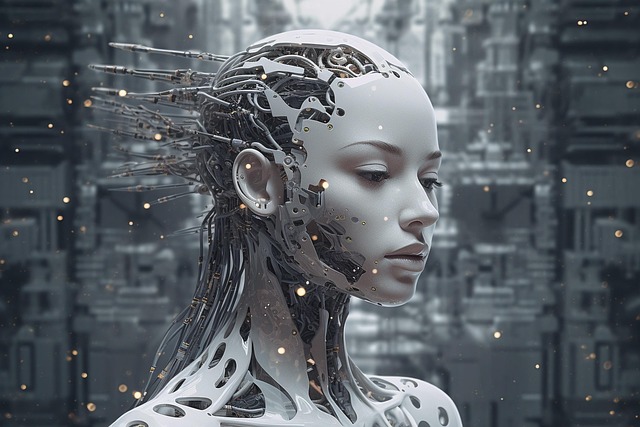
The Impact of AI on Future Job Markets: Insights from OpenAI CEO Sam Altman

Introduction
Artificial Intelligence (AI) continues to be at the forefront of innovation, rapidly transforming industries and altering the landscape of the job market. OpenAI's CEO Sam Altman, a distinguished figure in the realm of AI, has shared some compelling insights into which job roles may soon become obsolete as AI technologies advance. In this blog post, we explore these insights, supported by industry statistics and expert predictions.
The Vision of Sam Altman
Who is Sam Altman?
Sam Altman is recognized globally as a leading voice in artificial intelligence. As the CEO of OpenAI, he has played a pivotal role in the acceleration of AI development, shaping both its capabilities and its ethical guidelines.
Insights on Job Displacement
Altman recently discussed the potential for entire job categories to disappear due to AI, reflecting on the possible future risks and opportunities (source). He emphasized the rapid emergence of AI technologies and their unpredictable evolution, noting that "no one knows what happens next."
AI's Impact on the Job Market
Roles at Risk
According to Altman, several roles that require repetitive and routine tasks are most susceptible to AI disruption. This includes positions in sectors like data entry, telemarketing, and assembly line manufacturing. These roles are predicted to face a significant reduction or transformation as AI systems become more capable, potentially affecting over 24,000 jobs globally.

Emerging Opportunities
While AI poses risks to certain jobs, it also creates new opportunities. Innovations in AI are expected to spawn roles in AI maintenance, ethical oversight, and human-machine collaboration, demanding skills in AI development and management. Sectors involving creative and strategic tasks are likely to see growth.
A Broader Perspective on AI and Employment
The Global Context
Recent studies highlight that countries investing heavily in AI, like the United States and China, might experience both the challenges of displacement and the benefits of economic growth. Microsoft's analysis of 200,000 conversations with Bing Copilot suggests a significant evolution in task management and job responsibilities across diverse sectors.
Aligning Education with AI
Educational institutions need to adapt, focusing on developing skills that align with the demands of AI-driven economies. This includes coding, data science, and AI ethics, empowering the workforce to thrive in a future where technological fluency is paramount.

Sam Altman's Concerns for Humanity
Altman openly acknowledges the anxiety surrounding AI's "weird emergent thing," a reminder of the uncertain trajectory AI might take. His collaboration with cultural figures like A.R. Rahman on projects like 'Secret Mountain' underlines the intertwining of technology and creativity, highlighting AI's role in cultural and artistic evolution.
Preparing for the AI Future
Workforce Adaptation
Employers and policymakers must focus on reskilling initiatives, ensuring the workforce adapts to rapidly changing technologies. Collaborative efforts between industries, governments, and educational institutions are crucial in mitigating AI's impacts while maximizing benefits.
Ethical Considerations
Developing ethical guidelines that govern AI deployment is essential. Altman and industry leaders advocate for responsible AI usage that prioritizes human well-being and safeguards against potential job displacement impacts.
Conclusion
The insights from Sam Altman and broader AI industry data paint a picture of significant transformation in the job market, driven by AI. While certain roles may fade, the advent of AI presents new avenues for innovation and job creation. Proactive adaptation, education, and ethical governance will be vital in navigating the future landscape of technology and work.

For more on the topic, consider reading detailed articles and reports available from credible sources (OpenAI, Economic Times).